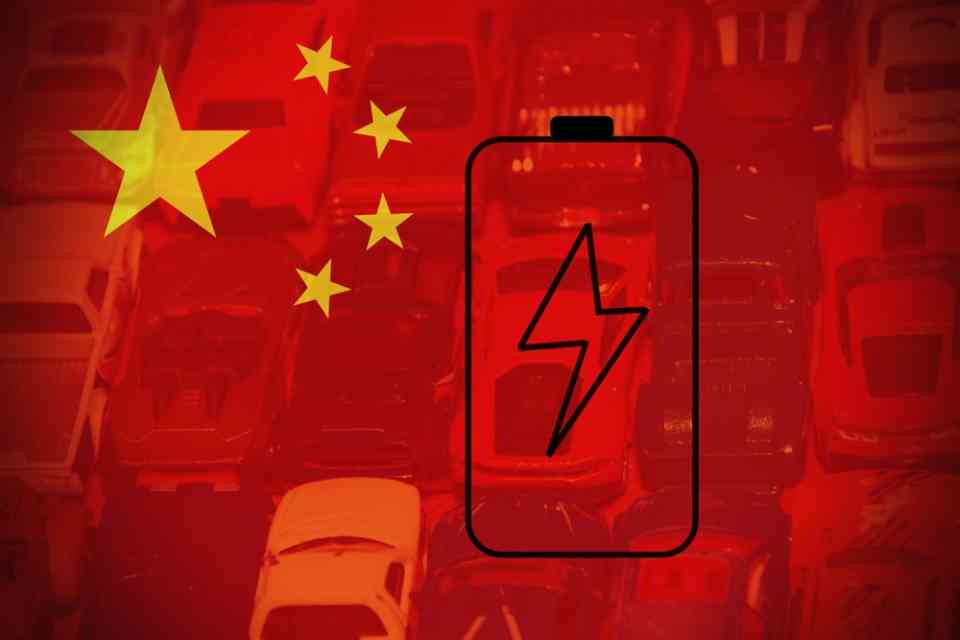EU’s Tariffs on Chinese Electric Vehicles Spark Controversy Over Protectionism

The European Union’s decision to impose punitive tariffs on electric vehicles (EVs) imported from China has faced backlash from various officials, business leaders, and scholars, who argue that the move is protectionist and could harm EU economies.
The vote on Friday revealed deep divisions within the bloc. Germany, the EU’s largest economy, along with Hungary, Malta, Slovakia, and Slovenia, opposed the tariffs, while France and nine other countries supported them. Additionally, 12 member states chose to abstain. Despite the split, EU rules allow for the imposition of tariffs, which could be as high as 35.3%, following the European Commission’s anti-subsidy investigation launched a year ago.
Hungarian Prime Minister Viktor Orban strongly criticized the decision, expressing his disapproval in a post on X (formerly Twitter). He argued that the tariffs would be a significant setback for the European economy and particularly harmful to Germany’s automotive industry. Orban lamented that Germany and European industry no longer seemed able to persuade the European Commission to adopt more reasonable policies. He also warned that the EU’s tilt toward economic protectionism could have disastrous consequences, stating in an interview with state radio that these measures could lead to an “economic cold war” and ultimately destroy the European economy.
Hungary has been a key destination for Chinese EV-related investments, with major players like battery manufacturer CATL and EV maker BYD investing in the country.
Germany’s Automotive Industry Association (VDA) also condemned the vote, describing it as a move that distances Europe from global cooperation. VDA President Hildegard Muller called on both sides to de-escalate the situation and reconsider the tariffs to avoid the risk of a trade war.
Elixabete Arrieta, a program assistant at the European Policy Center, noted that in July, 12 member states had initially supported provisional tariffs on Chinese EVs. However, that number had dropped to 10 by the time of Friday’s vote on extending the tariffs for five years, a shift she attributed to growing pessimism within the EU about how to compete with China. She highlighted that the vote underscored the weak alignment among EU member states on trade policy with China.
During a press briefing on Friday, a European Commission official indicated that a final decision on whether the duties would be implemented would come by early November. The Commission suggested that the tariffs could be lifted if China addressed the EU’s concerns.
Negotiations between China and the EU are set to resume on Monday, with hopes of finding a resolution to the dispute.
Ding Chun, director of the Center for European Studies at Fudan University in Shanghai, commented that while the vote provides the European Commission with bargaining power in its discussions with China, it also reveals the divisions within the EU. However, Ding noted that the EU’s willingness to negotiate following the vote suggests that the bloc hopes to resolve the issue without resorting to a trade war. He added that finding a solution to the EV dispute could create momentum for addressing other trade-related tensions between China and the EU.
Have you read?
Fastest tanks ever built by Russia.
Impact of Titles on Your Executive Career – Negotiating Job Titles and more!
3 Ways Technology Empowers the Hybrid Work Revolution.
5 Effective Strategies to Reduce Criticism and Captivate Your Essay Readers.
CerebrumIQ Reviews the Average IQ for Managers and Executives.
Bring the best of the CEOWORLD magazine's global journalism to audiences in the United States and around the world. - Add CEOWORLD magazine to your Google News feed.
Follow CEOWORLD magazine headlines on: Google News, LinkedIn, Twitter, and Facebook.
Copyright 2025 The CEOWORLD magazine. All rights reserved. This material (and any extract from it) must not be copied, redistributed or placed on any website, without CEOWORLD magazine' prior written consent. For media queries, please contact: info@ceoworld.biz








